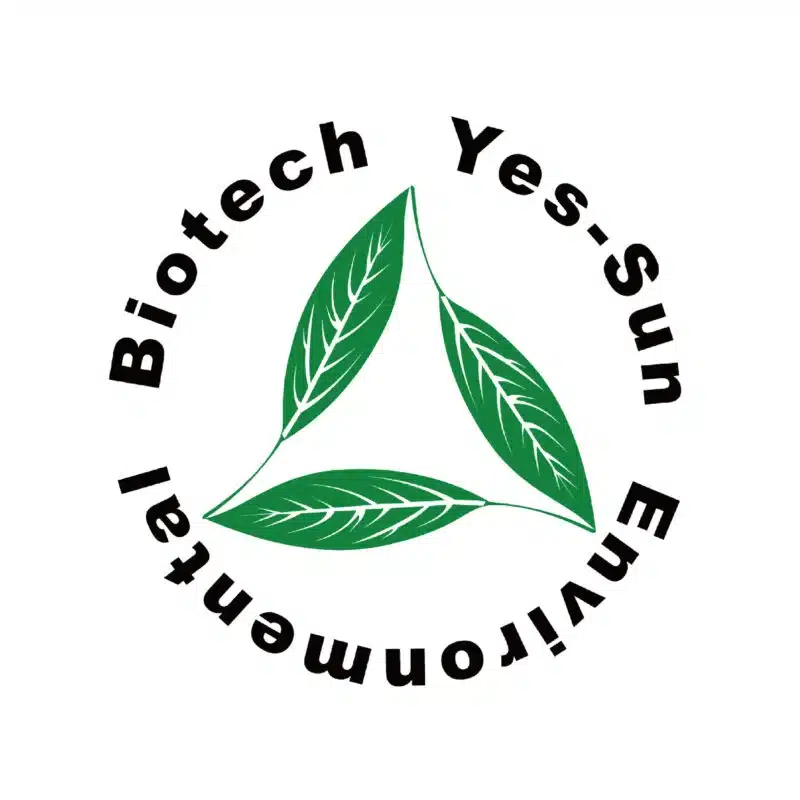https://www.nytimes.com/2023/01/01/headway/composting-food-leftovers.html
In response to the pressing issue of food waste in the United States, communities like Columbus, Ohio, are taking innovative steps to reduce it. The Savage family, inspired by their daughter Riley’s awareness of food scarcity and environmental impact, embarked on a mission to waste less food. They began with smaller portions, packing leftovers for lunch, and seeking recipes to minimize food waste.
Food waste in the U.S. contributes significantly to greenhouse gas emissions, particularly methane in landfills. To combat this, some states and cities are implementing regulations to divert food from landfills, primarily through composting. California has even mandated businesses to donate edible food that would otherwise go to waste.
In Columbus, Ohio, nearly a million pounds of food are discarded daily, with households responsible for 39% of this waste. To tackle this issue, the Solid Waste Authority of Central Ohio (SWACO) initiated a public awareness campaign, targeting residents’ habits. Initial results indicate a promising 2021 record of 51% waste diversion from landfills, surpassing the national average of 32%.
The campaign in Upper Arlington, a Columbus suburb, included surveys and waste audits, revealing a 23% reduction in food waste volume. SWACO emphasized pocketbook issues to engage residents, highlighting the financial cost of food waste. The campaign also provided practical tips for reducing waste, such as shopping with lists and freezing leftovers.
Furthermore, schools like Horizon Elementary are educating young students about responsible waste disposal, instilling habits that may persist into adulthood. These programs not only reduce waste but also raise awareness among families.
While changing the behavior of millions of households is a monumental challenge, small-scale initiatives, such as those inspired by young activists like Riley, Cameryn, and Nima, hold promise for creating a more sustainable future by reducing food waste.
Discover the future of waste management with composting free technology
Handling organic waste properly can be challenging due to the unpleasant smell and dirty water produced during the composting process. Despite the availability of various composting technologies and equipment in the market, time and pollution remain significant concerns. However, a novel technology that combines patented equipment and enzymes offers a potential solution. This innovative approach can convert organic waste into fertilizer in just a few hours, and most importantly, without causing pollution.
Learn more


 中文 (台灣)
中文 (台灣) Bahasa Indonesia
Bahasa Indonesia Tiếng Việt
Tiếng Việt Bahasa Melayu
Bahasa Melayu Français
Français Español
Español Português
Português